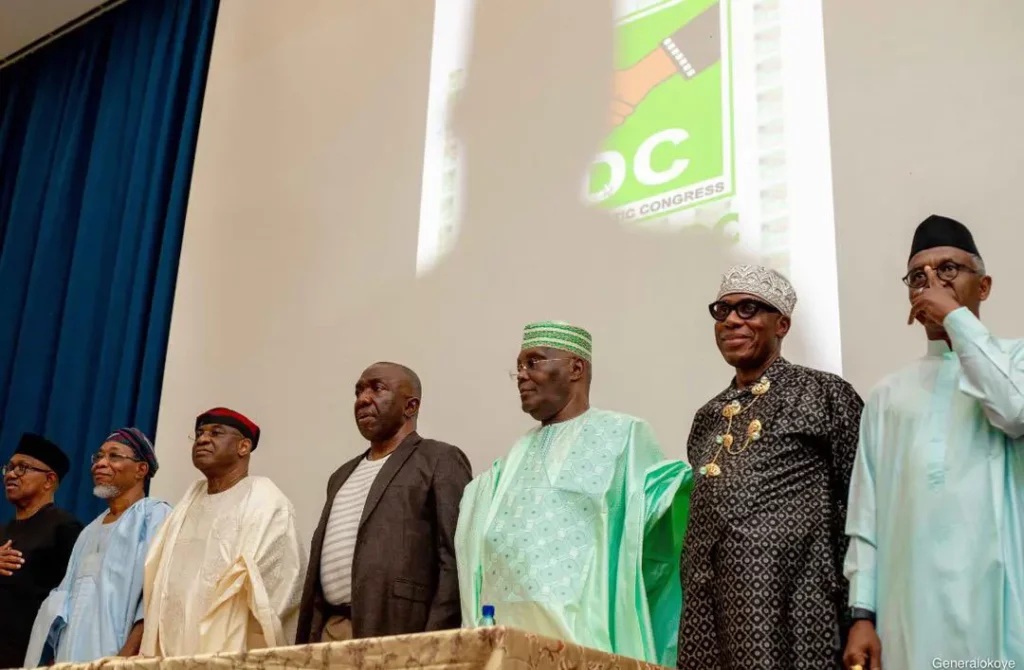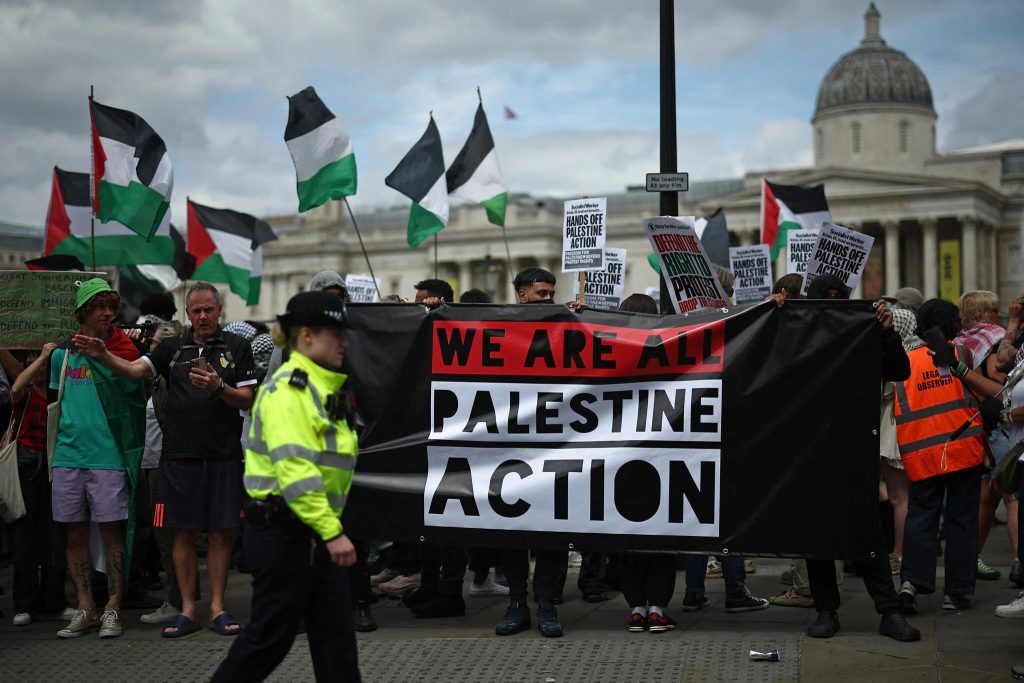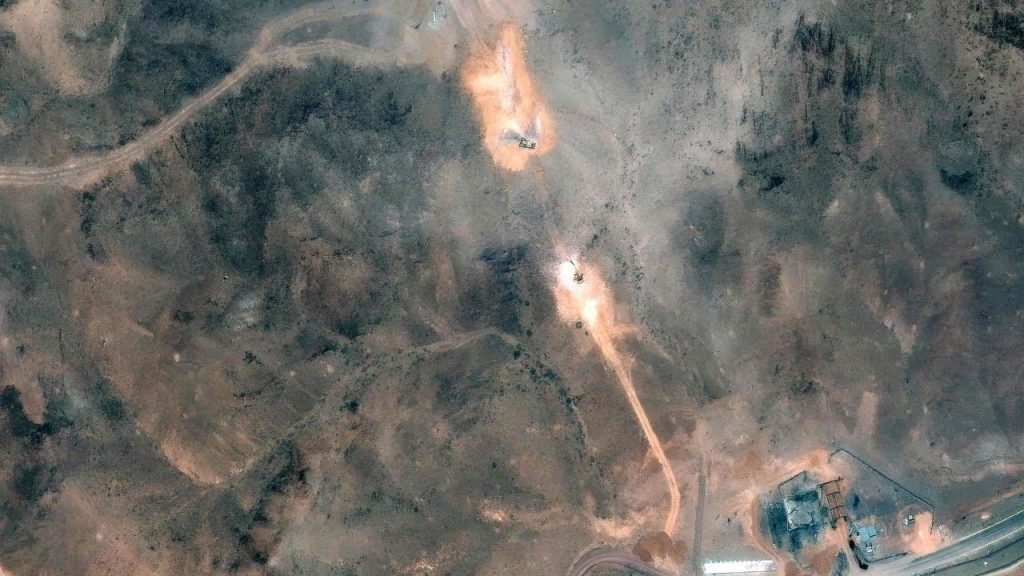Analysis
Meet the tribe that eats its dead instead of burying them
DDM News

In the heart of the Amazon rainforest, a mysterious tribe continues to defy modern traditions and outside influences.
Diaspora Digital Media (DDM) reports that the Yanomami people, also known as Yanam or Senema, are indigenous inhabitants of the Amazon jungle.
They live along the border between Venezuela and Brazil, in remote villages surrounded by dense tropical forest.
With an estimated population of about 35,000, the Yanomami are one of the largest relatively isolated tribes in South America.
They are well known for maintaining their ancient customs and resisting westernization despite growing interest from the outside world.
Their traditional lifestyle includes hunting, fishing, gathering, and small-scale farming.

They live in communal houses called “shabonos” made from wood, vines, and palm leaves.
The Yanomami believe strongly in the spiritual world and maintain a deep connection with nature.
Among their most controversial practices is what anthropologists call “endocannibalism.”
This ritual involves consuming the remains of their dead family members instead of burying them.
According to the Yanomami belief system, death is not the end but a transformation of the soul.
They believe that if the body is not properly cared for, the spirit will suffer and may return to haunt the living.
After a person dies, their body is burned during a sacred ceremony attended by the entire community.
Once the cremation is complete, the bones and ashes are collected and ground into a fine powder.
This powder is then mixed with fermented banana paste, forming a ceremonial meal.
The deceased’s family and close friends eat the mixture as a final act of love and remembrance.
They believe this process allows the spirit of the dead to live on within them.
It is seen as a way to keep the person’s memory alive and protect the community from spiritual harm.
Outsiders often view this ritual as disturbing, but to the Yanomami, it is an honorable tradition.
They see it as a sacred duty and a vital part of their cultural identity.
Anthropologists who have visited the Yanomami report that the ritual strengthens communal bonds.
It also provides a structured way for families to grieve and celebrate the life of the departed.
The Yanomami’s isolation has helped preserve these unique customs for generations.

Shabonos
However, modern pressures such as illegal mining, deforestation, and disease threaten their way of life.
Environmental and indigenous rights activists have raised alarms over increasing encroachment into Yanomami territory.
The tribe’s story has sparked worldwide discussions about cultural preservation and indigenous rights.
The Yanomami’s commitment to tradition offers a rare glimpse into an ancient worldview.
Their funerary customs challenge modern assumptions about how humans should treat death and the dead.
As debates continue, many scholars call for greater respect and understanding of indigenous practices.
The Yanomami remain one of the last guardians of a belief system rooted in spiritual continuity and communal reverence.
Their story is a reminder of the many ways humans across the world interpret life, death, and memory.
For Diaspora Digital Media Updates click on Whatsapp, or Telegram. For eyewitness accounts/ reports/ articles, write to: citizenreports@diasporadigitalmedia.com. Follow us on X (Fomerly Twitter) or Facebook












